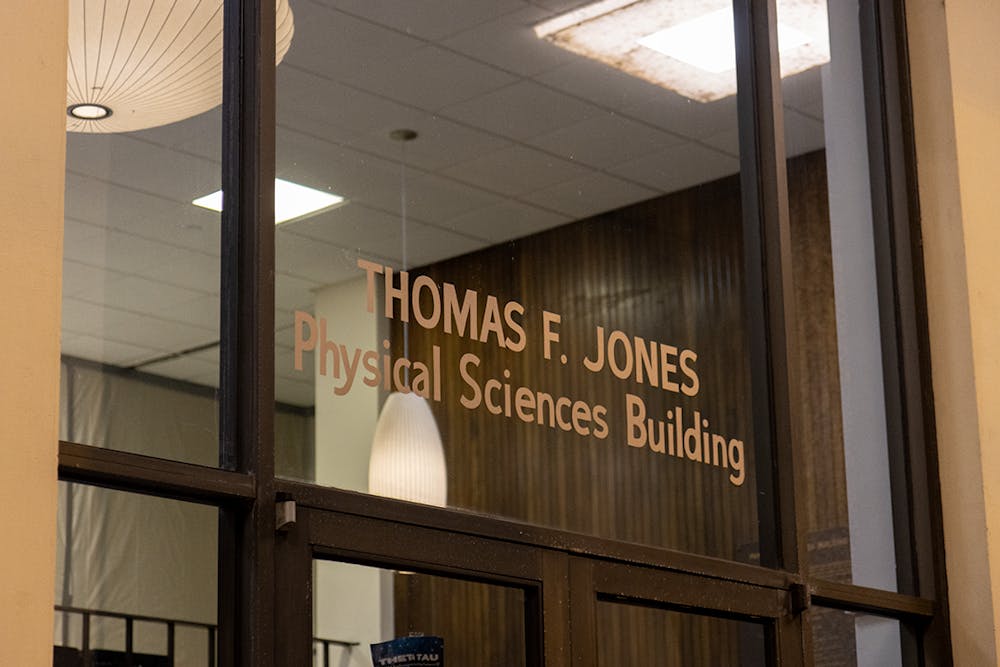Physics and astronomy professor Timir Datta was named a 2022 American Association for the Advancement of Science Fellow for his revolutionary work on high-temperature copper oxide superconductors.
The AAAS, a national, multidisciplinary scientific society, aims to recognize and celebrate individuals who have produced research that continues to propel the field of science. Through his work on superconductors, Datta has helped advance different areas in transportation and energy.
Despite the benefits Datta’s work has brought about, he said he’s more concerned with finding and understanding answers to new questions rather than practical applications of those findings.
“I’m happy when I find something and let others continue with that," Datta said. "I like that chase but when I find the answer, I want to know why this is the correct answer."

Datta began as a faculty member at the university in 1982 under the Department of Physics and Astronomy with his work consisting of research on a range of topics from Newtonian gravitational fields to the enhancement of superconductivity.
After receiving his master’s degree in theoretical plasma physics from Boston College, Datta went on to further his studies at the University of North Carolina at Chapel Hill. Before joining the faculty at USC, Datta spent time in Pasadena, California at the Jet Propulsion Laboratory as a NASA research associate where he began work on thermonuclear reactions in addition to furthering his research on superconductivity.
One of Datta's former students, Alex Mayorga, said Datta in addition to being a renowned physicist is a well-deserving professor who approaches his teaching with passion and genuineness.
“When we were in class, he was always engaged," Mayorga said. "He was always dressed up really nice. He’s a really great professor. He's always trying to engage with every student, hopping from top rows all the way to the bottom.”
In the classroom, Mayorga also said Datta often hold students' attention about complex topics in physics through demonstrations of real-life examples.
“When we're talking about gravity, he would throw things up in the air and just wait for them to fall back down," Mayorga said. "He would throw things across the classroom, and so it was always entertaining during this class. There was never a dull moment."
Alexey Petrov, a professor and the newly appointed endowed chair of the physics and astronomy department, said Datta's work and time at the University has given him a reputation within the department.
"He's a distinguished physicist, and has been here for a very long time," Petrov said. "He's known in the community, he's known in the physics community as well. He likes working with students."
Regardless of the recognition he has received, Datta said he hopes it won't change his presence on campus.
"Stardom, it does not excite me," Datta said. “I’m honored, really humbled, that such an important and nationwide organization like the AAAS recognized me. Clearly, I'm honored by that but other than that, I don’t want anybody to treat me any differently.”
Datta also hopes to see changes in the department from the recent turnover of staff at the university. He said he is not only looking for leadership from administrative figures but also Petrov and Dean of the Department Joel Samuels to bring about new ideas and inspire the department to continue finding solutions to unanswered questions and progress in terms of research.
“We are hopefully going to break out of our old mold and do new things," Datta said. "We, this department, I’m hoping 10 years from now, 20 years from now, long after I’m gone, we will continue to contribute significantly, OK, to the state’s success.”

